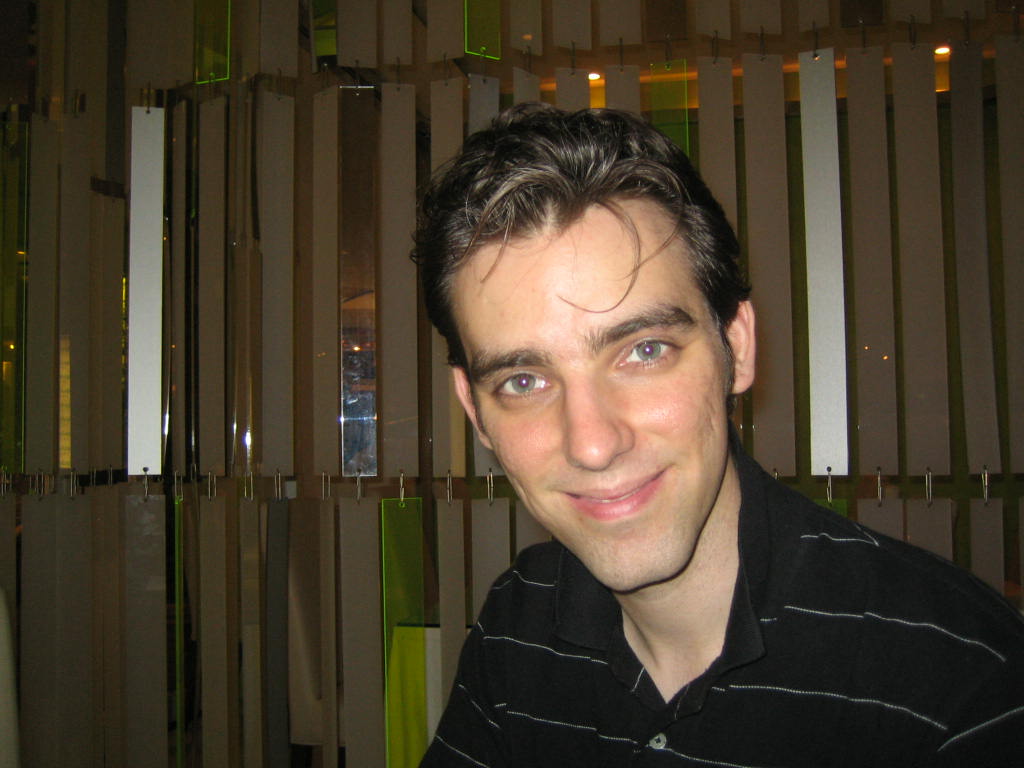Science gets serious about elixir of life
Jonathan Leake, Science Editor
THE SEARCH for the elixir of life has become respectable. A Cambridge University conference will next month announce an international scientific competition to solve the secrets of ageing.
The prize, potentially worth millions of pounds to the winner, is already attracting keen academic interest. Four top American research groups have signed up and a British one, based at Newcastle University, has expressed strong interest.
The launch of the prize reflects a significant shift in scientific thinking. Until just a decade ago the idea that the ageing process could be slowed or reversed would have been dismissed as science fiction.
Later this month, however, researchers from across the world will gather in Cambridge to discuss research that many believe will see average human lifespans increased to 130 years or more within a few decades.
Dr Aubrey de Grey of Cambridge University’s genetics department, organiser of the International Association of Biomedical Gerontology, said: “Researchers have already succeeded in dramatically prolonging the lives of some animal species, including mammals, and there is every reason to think the same can eventually be done for humans.”
Under the rules of the new contest, scientific teams from around the world will compete to make laboratory mice live longer. De Grey has named it the Methuselah Mouse contest after the biblical character who lived for 969 years.
Earlier this year research published by Professor Andrzej Bartke of Southern Illinois school of medicine described how he had kept a mouse alive for almost five years — the equivalent of a human living for about 200 years.
Bartke altered a gene controlling the animal’s response to growth hormone, which meant it had reduced levels of insulin and glucose in its blood. The change apparently protected its DNA from age-related decay.
Cash prizes in the form of research funding will be awarded periodically to successful contestants. Researchers will have to keep their mice alive for only five years at first, but the eventual aim is to increase that to nine years or more — equivalent to a human living for nearly 400 years.
David Gobel, the businessman working with de Grey on the contest, said they had already secured backing worth tens of thousands of pounds and were attracting keen interest from pharmaceutical companies and other big corporate backers.
“Some of the world’s best researchers into ageing have signed up because they believe this is now scientifically possible,” he said.
Among those who have expressed a strong interest in the competition is Tom Kirkwood, professor of medicine at Newcastle University, where he heads one of Britain’s leading research groups into ageing. He believes it is a consequence of accumulated damage sustained by cells and that longevity is linked to a person’s ability to repair such damage.
In his 2001 Reith lectures he said humanity was “on the threshold of deep discoveries” about its ageing. “Everything we have learned about the science of ageing suggests there is no fountain of youth, but equally there is no limit. We can keep pushing back the boundaries of good-quality life,” he said.
Other research expected to emerge at the Cambridge conference suggests he is right.
Dr Ruth Itzhaki of Manchester University’s molecular neurobiology laboratory will describe new work that links Alzheimer’s disease with a virus — raising the possibility of a vaccine to protect against the dementia that afflicts a fifth of ageing adults.
Professor Roger Nitsch of Zurich University’s psychiatric research centre will talk about successful human trials in which people who had already got Alzheimer’s were given immunisations that sharply slowed its advance.
Other research will describe new drugs that can reverse the way bones “decalcify” and so lose their strength and shape in older people. Such drugs could put an end to hip fractures, which indirectly kill thousands of elderly people each year.
However, such successes also bring new challenges — especially over how the world will meet the needs of a population that is growing much older and larger.
Francis Fernandes, head of research at actuaries Lane Clark & Peacock, said that with a quarter of 60-year-olds expected to survive to their nineties, pensions were becoming ever-more costly. He warned that eventually society would have to impose limits. “Society might dictate that life has to finish at a certain age regardless of health — or that fertility must be strictly regulated,” he said.










































